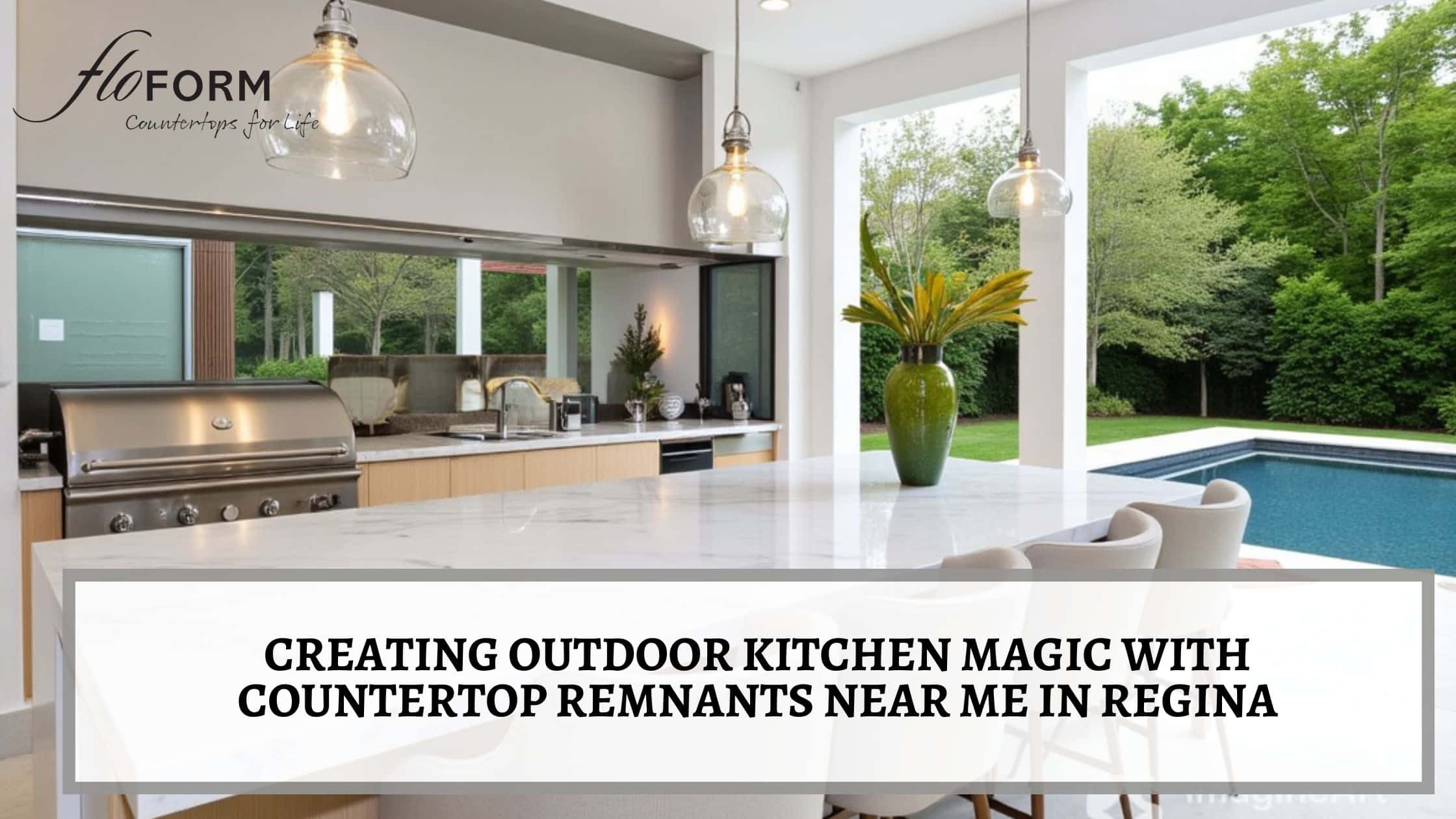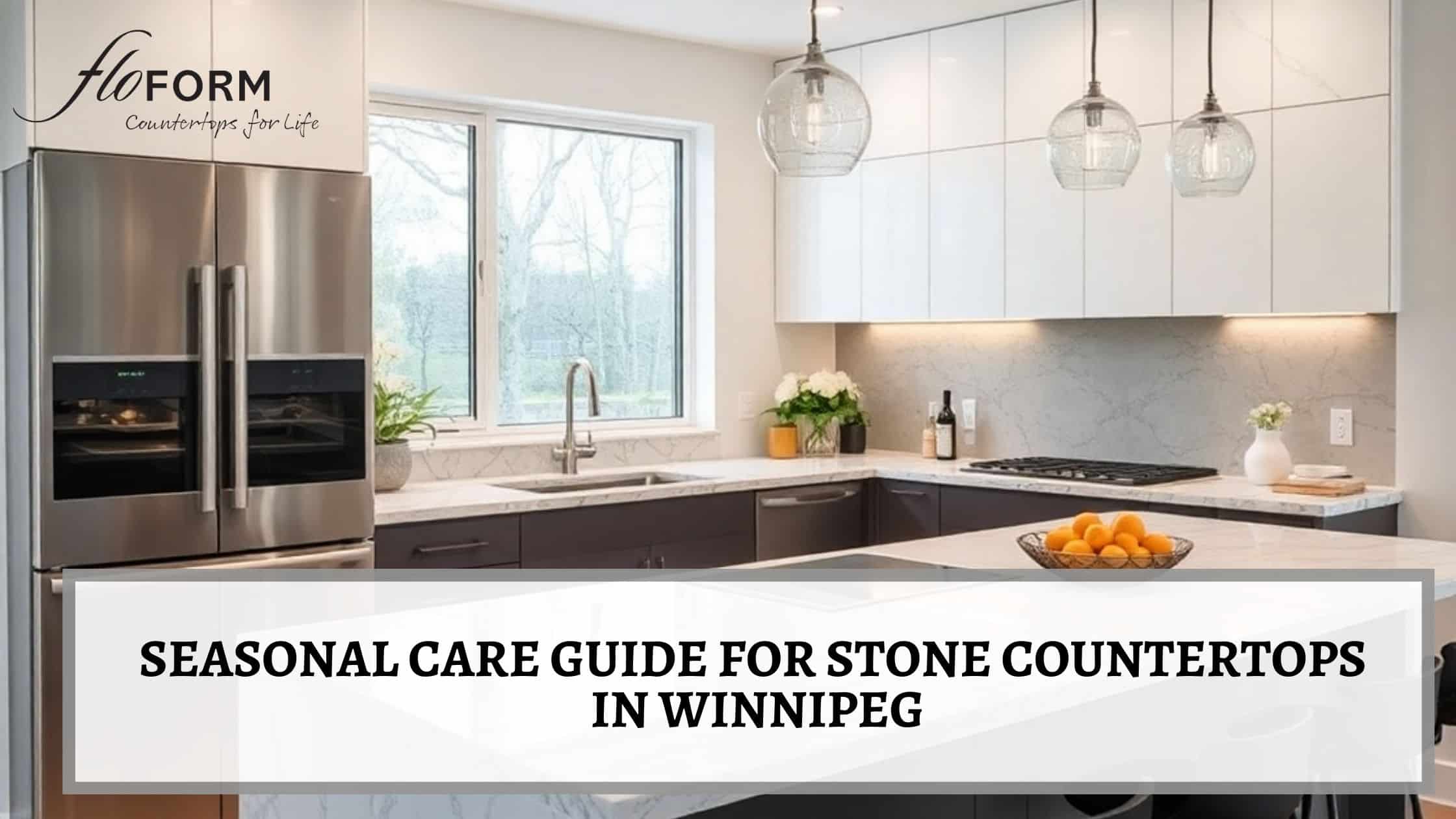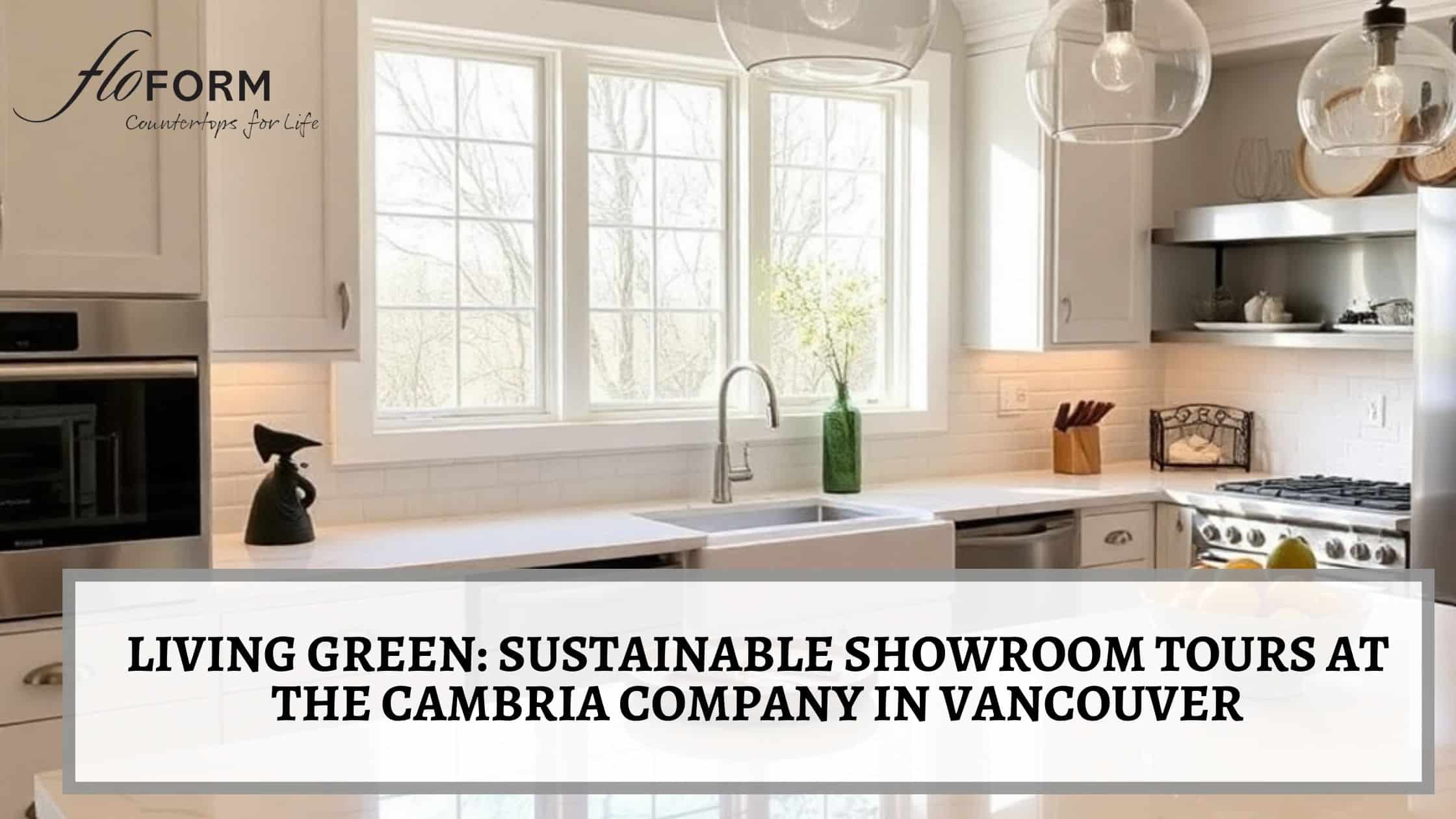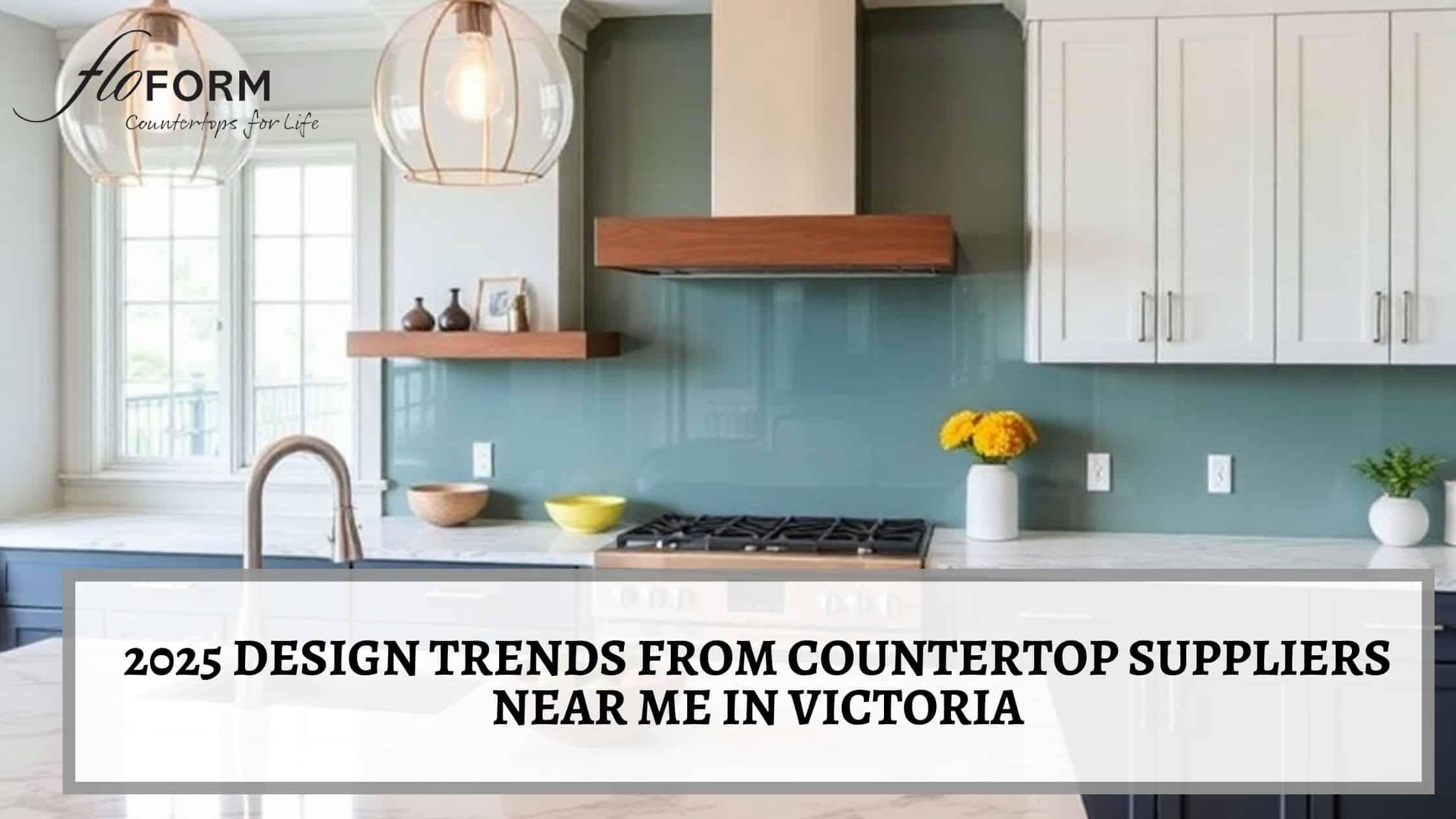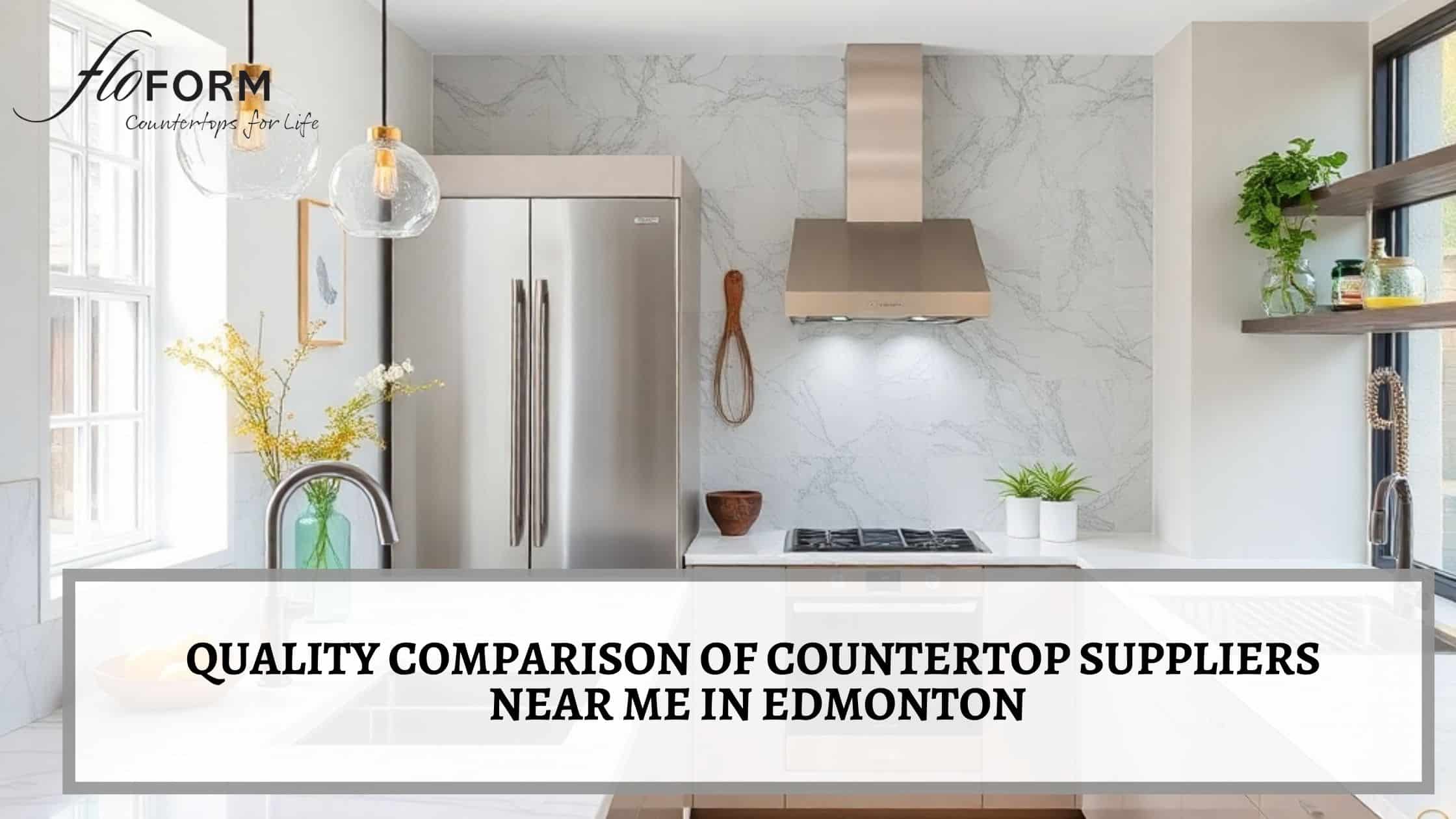A lot can happen in a month and we know it can be hard to keep up. We picked our most shared and liked posts of the month and made a blog post.
And if you’re not already following us on social media – be sure to check us out. We regularly update our Instagram, Facebook, and LinkedIn accounts.
Hanstone Unearthed Collection: Storm
White veins scattered across an earthy grey base offer a unique depth of design. Pair with white and wood tones for a clean, contemporary look.

Come to the dark side.
Dark countertops bring depth and substance to a room. They can certainly punch above their weight in making a bold and dramatic statement.
These photos of St. Laurent from Hanstone all allow the dark surface to grab the spotlight.
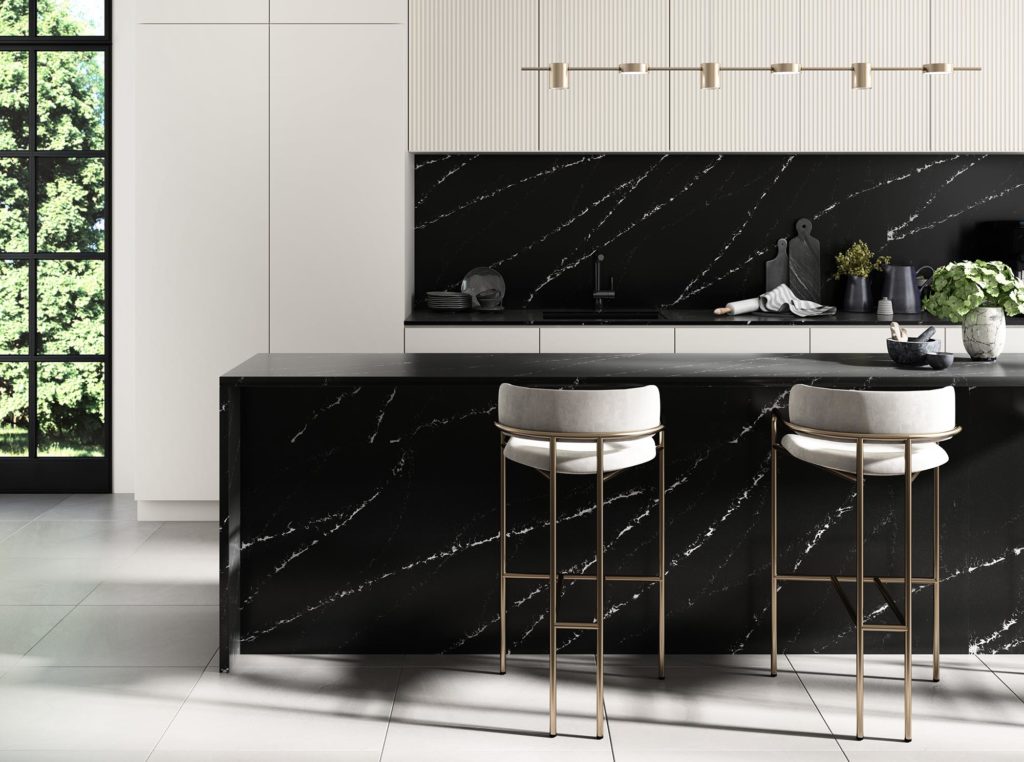


The perfect pairing
Warm neutral hues and cool earth-toned accents in Hanstone Mercer delivers an elegant style to complement any design.




Marble bathtub with a view-through large industrial window.
Refined and fashionable
Like the alluring Toronto neighborhood that inspired it. Hanstone Yorkville’s subtle grey movement and soft cream base make this design the epitome of style.



Contrast is a fundamental principle of design
Using two contrasting textures or patterns adds visual interest to more easily catch the eye.
This works best when the two contrasting elements are used in close proximity to each other. In these photos from Infinity Porcelain, the neutral base white of Absolute White contrasts beautifully with the natural stone look of Milan Stone.


Inspiration
Inspired by the coveted Statuario marble of Italy, Infinity Porcelain – Classic Statuario captures the timeless allure of this striking, bold pattern. And because it’s porcelain, this beautiful surface is non-absorbent and food-safe, resistant to heat and frost, and requires very little maintenance to keep looking it’s best.
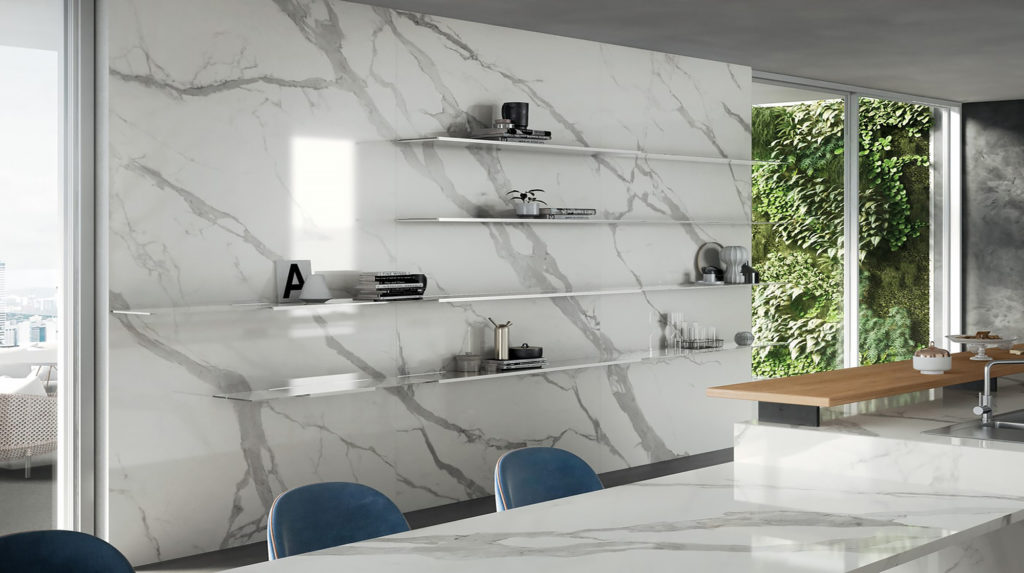
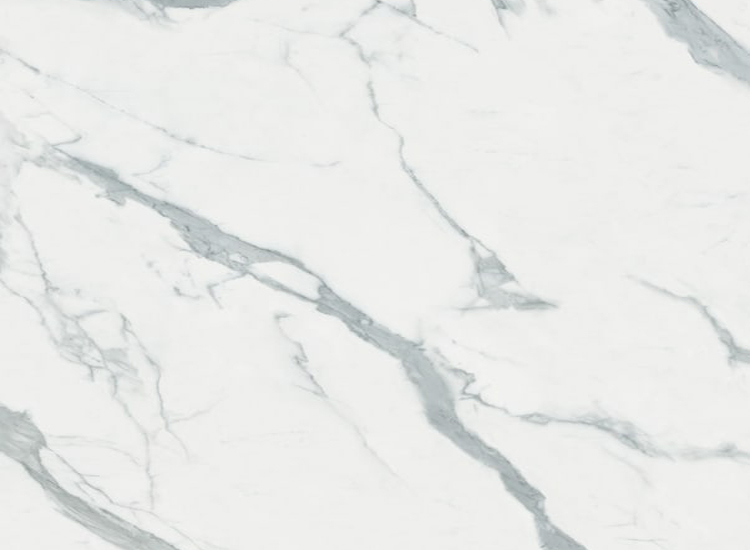
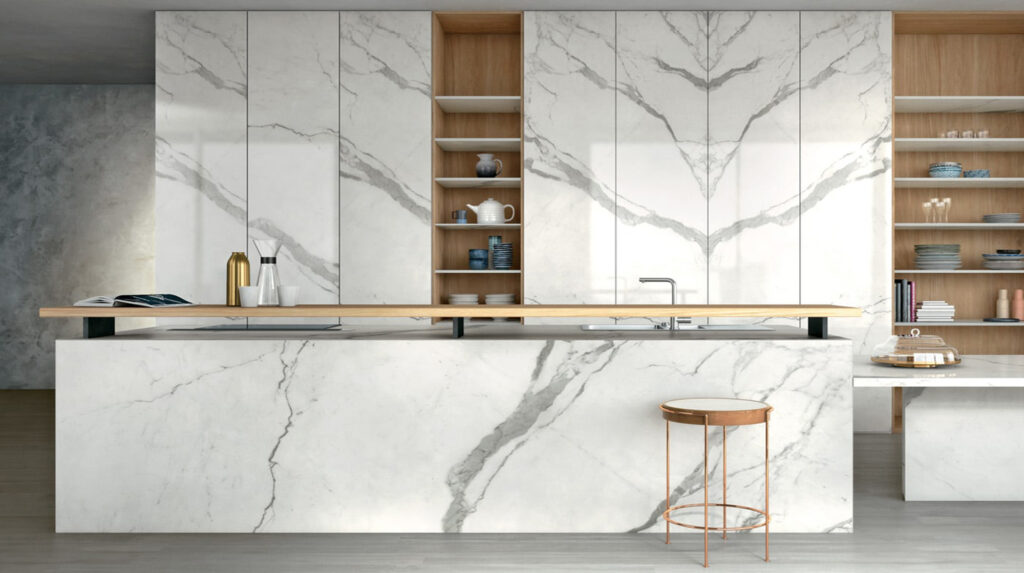
Porcelain Countertop
Tap into the creative possibilities of light
Certain Corian Design colors can be visually influenced by the use of light. In this case, our friends Dependable Renos used light as a design element with the installation of White Onyx to reveal an entirely new dimension of depth and color.

https://dependablerenovations.com/
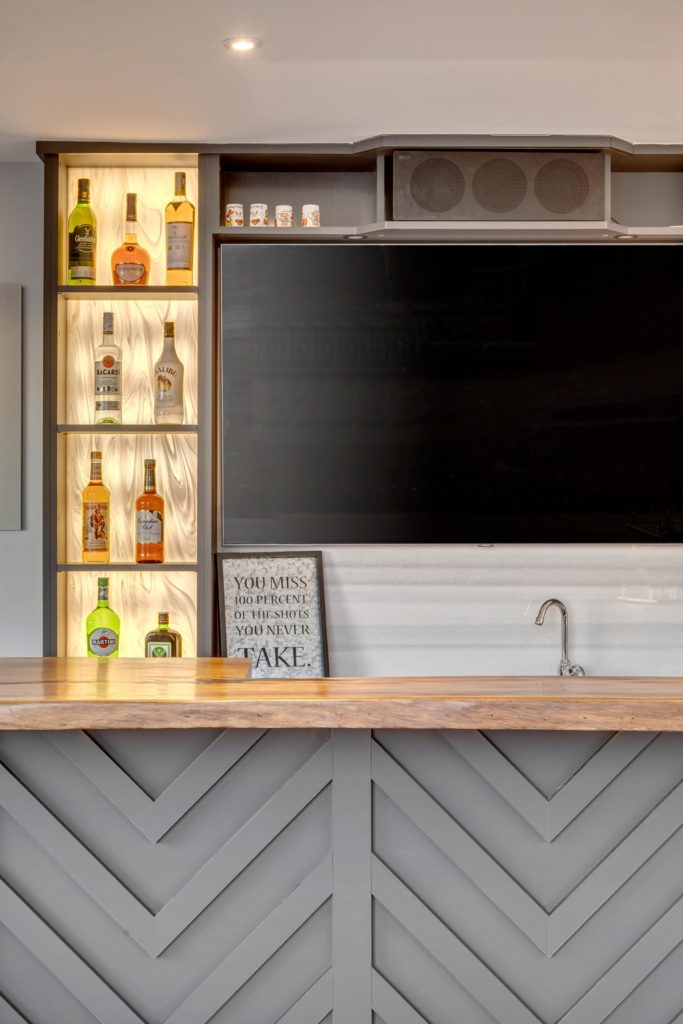
https://dependablerenovations.com/

https://dependablerenovations.com/
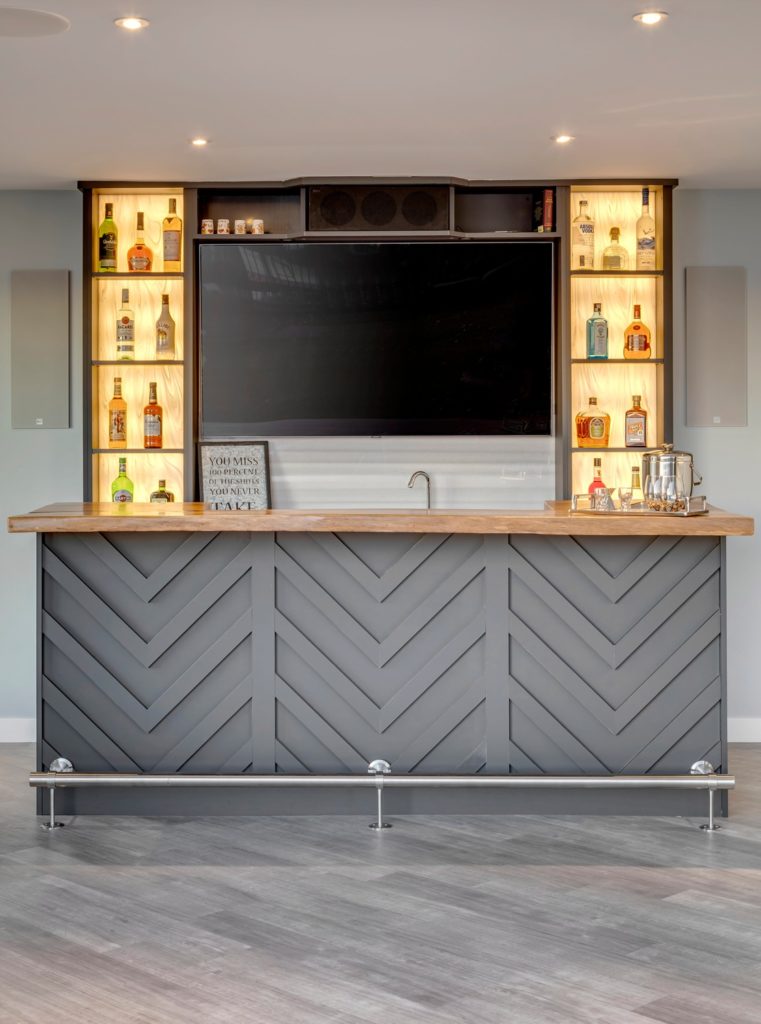
https://dependablerenovations.com/
Corian – Dune Prima
Color-coordinated joint adhesives bonds Corian Design surfaces with inconspicuous seams. The seamless look of integrated countertops, sinks, and coved backsplashes also mean there are no crevices to trap dirt and bacteria.
Featured design: #duneprima

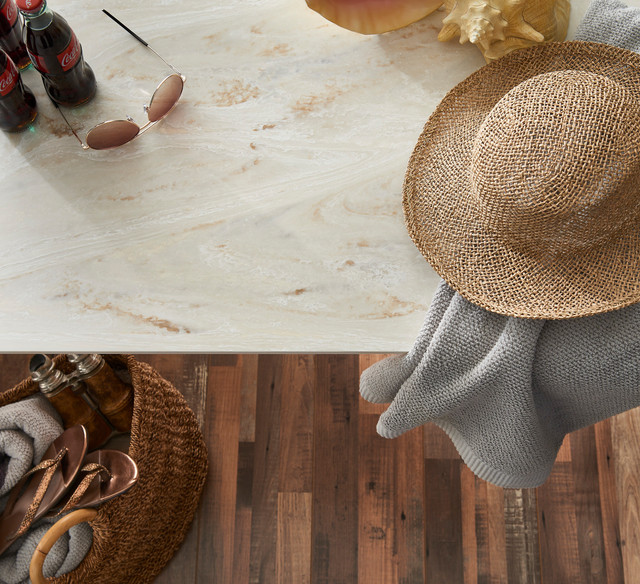
Out with the old. In with the bold.
An elegant neutral base crisscrossed with striking navy, grey and black veins make Cambria Quartz surfaces Portrush a bold design choice for your project. And when you get up close to see the gold flakes scattered throughout, you’ll know you made the right decision.
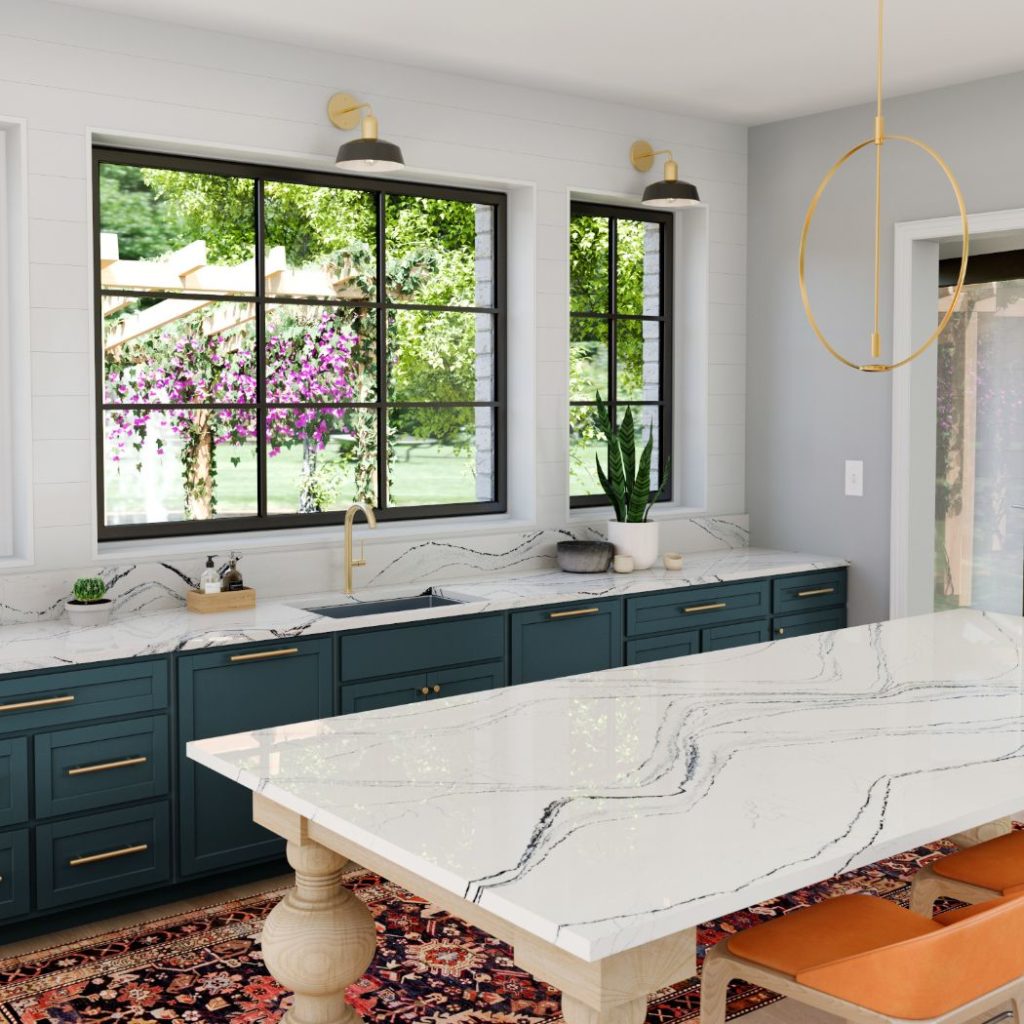

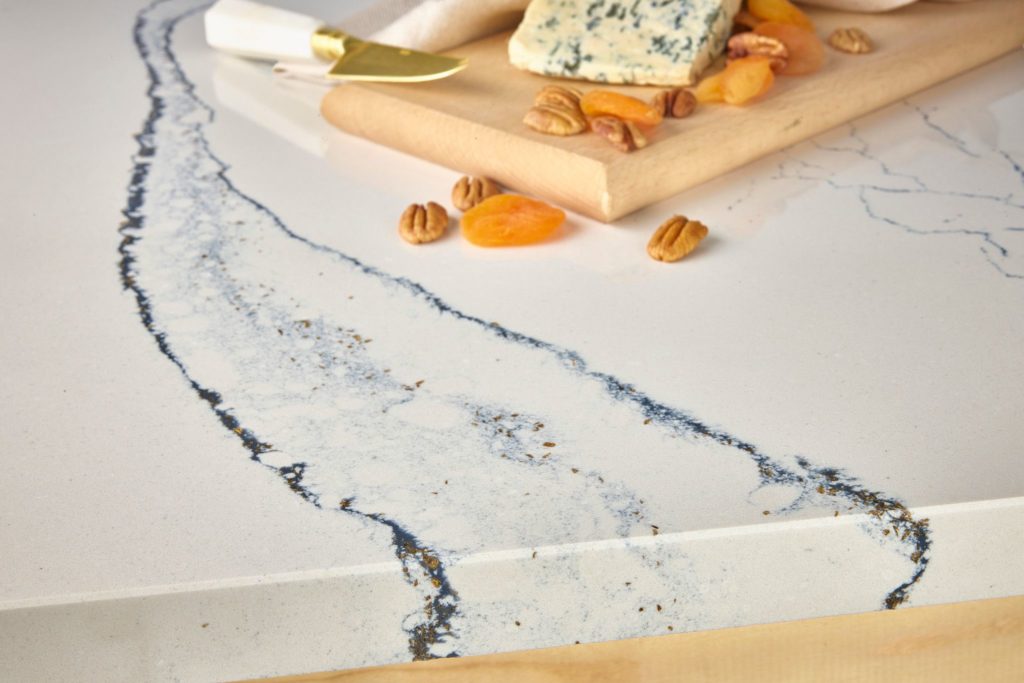
Not all white countertops are the same.
With its delicate dark gray veins on a rich white background, Cambria Quartz surfaces Ella is a versatile and beautiful alternative to natural marble surfaces.

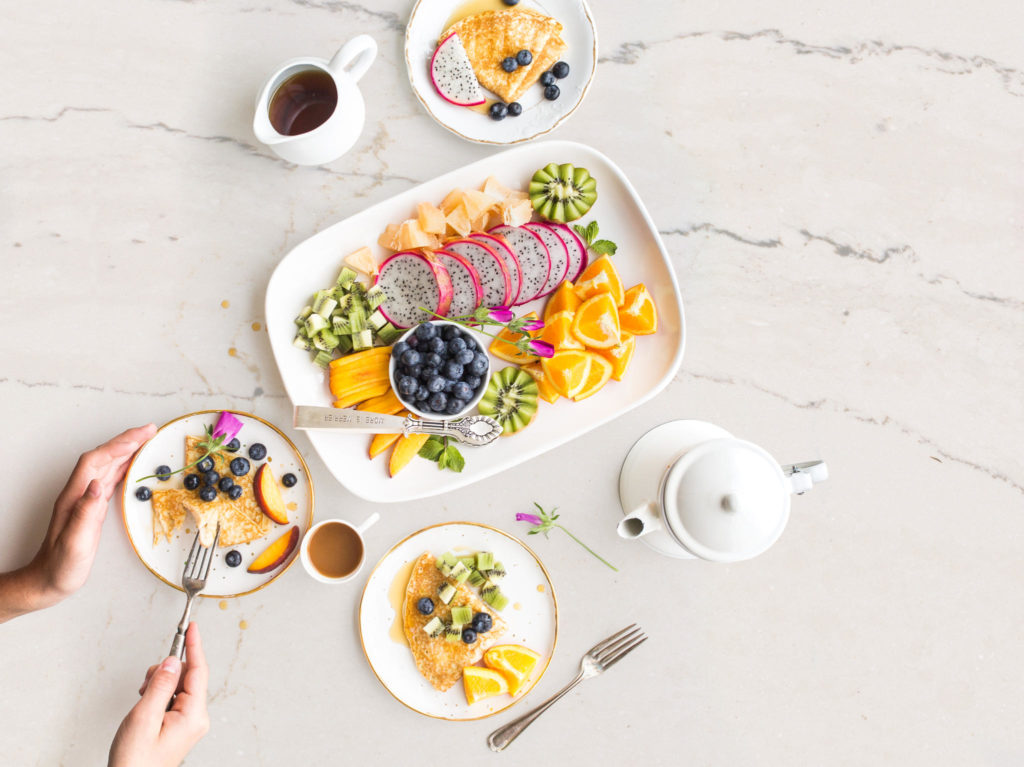
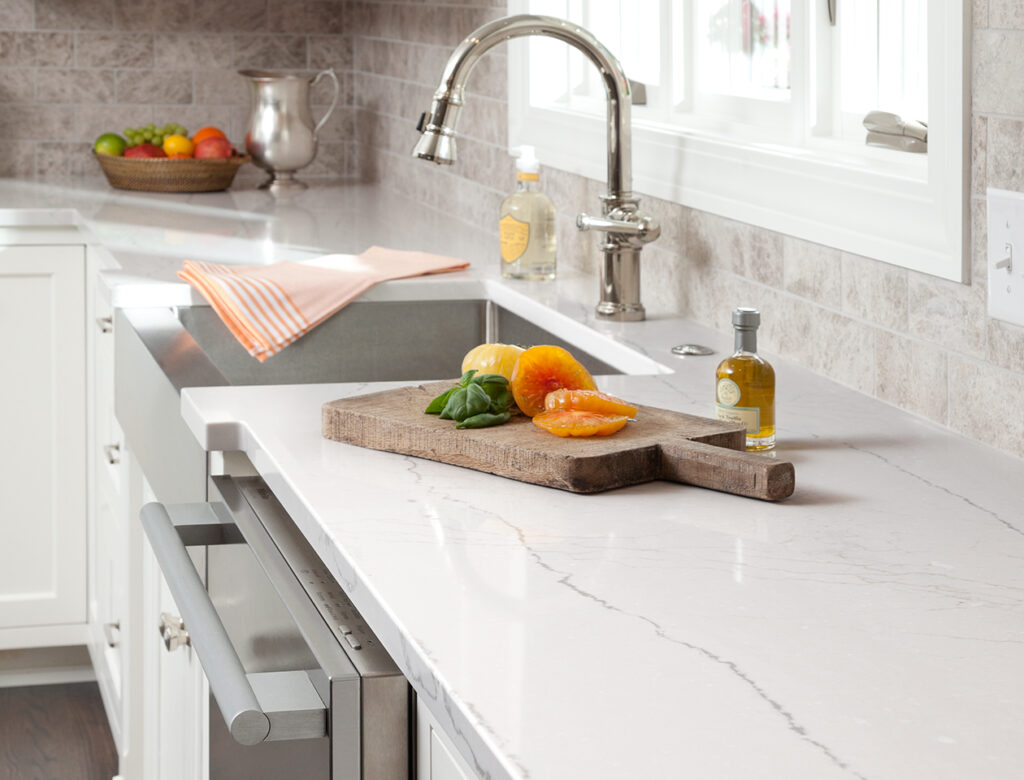

Wood countertops are incredible!
They’re marvelous to look at, adding a natural look and feel to your home.
They’re also visually complex in subtle ways, the tones and grain of the wood adding depth to the palette of your kitchen.
Blog: Designing with Wood Countertops
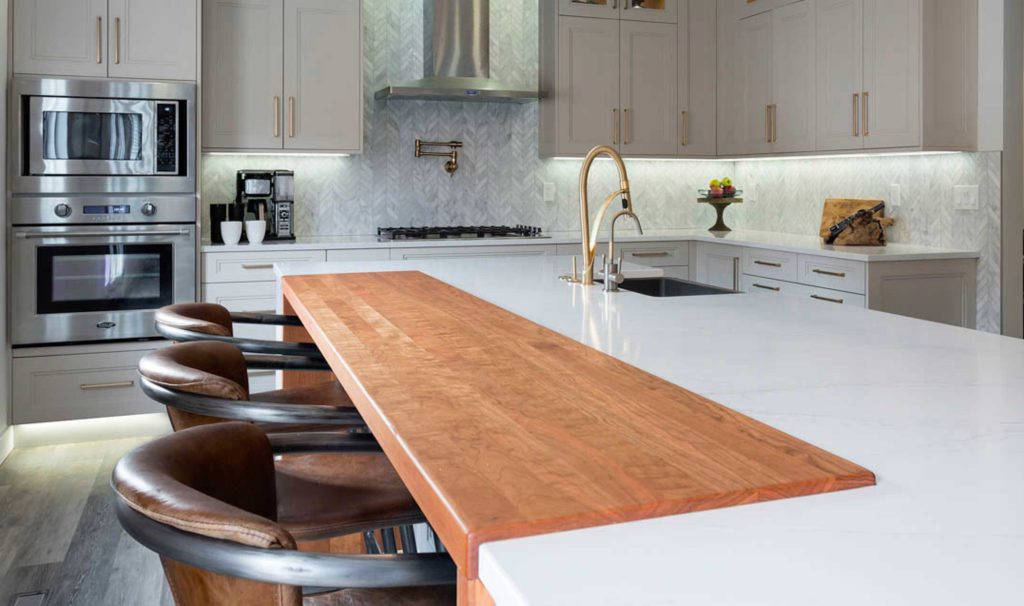
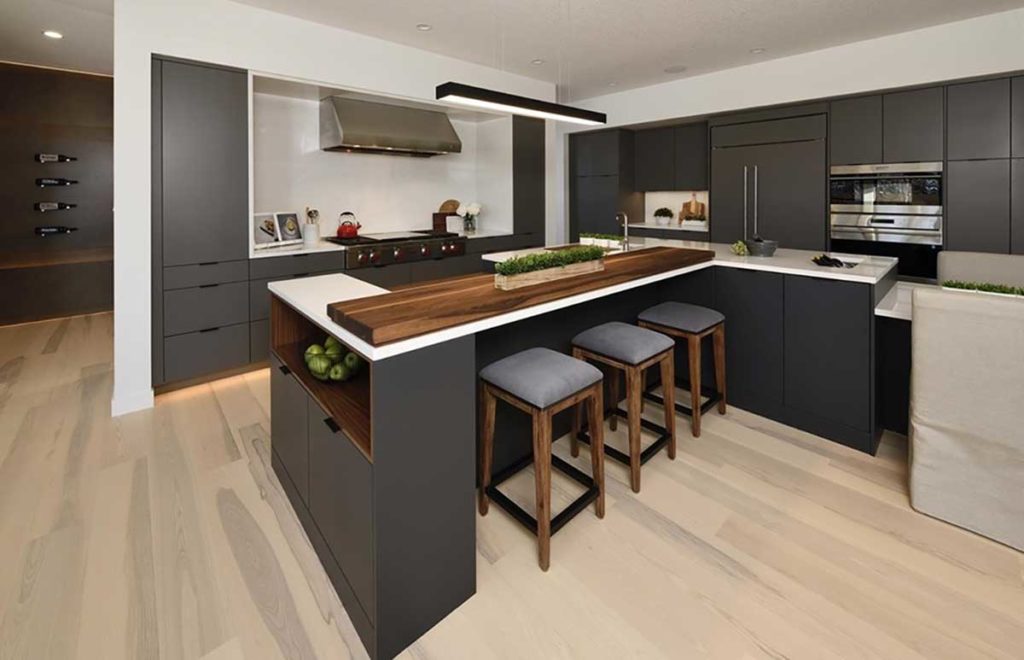
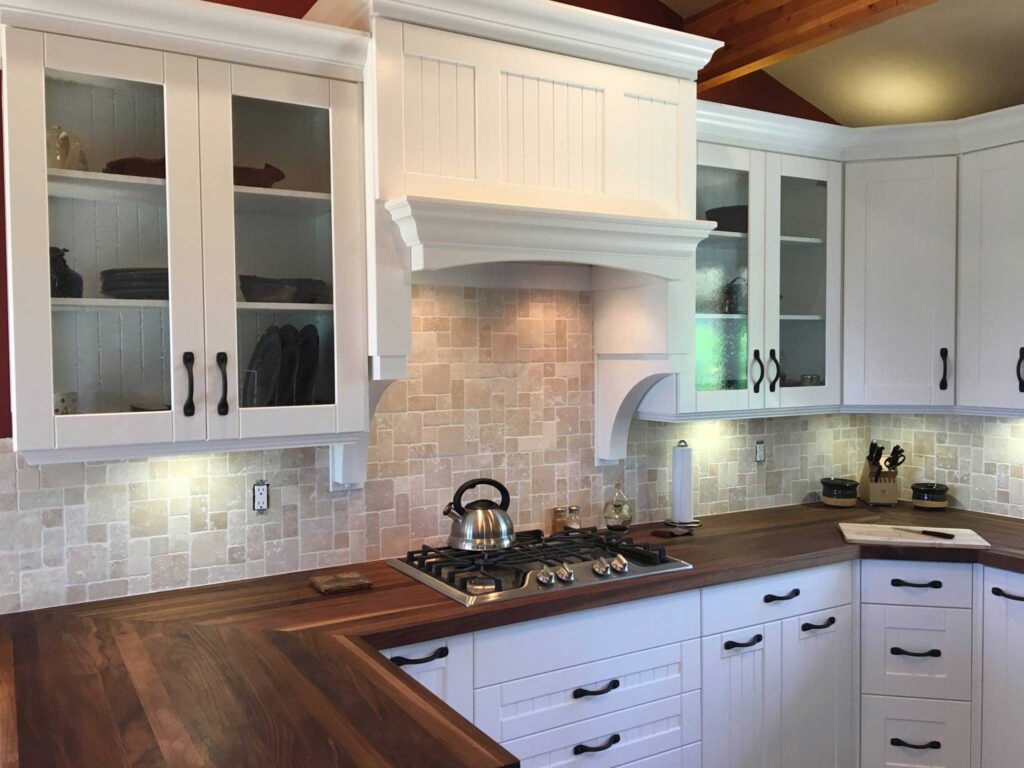
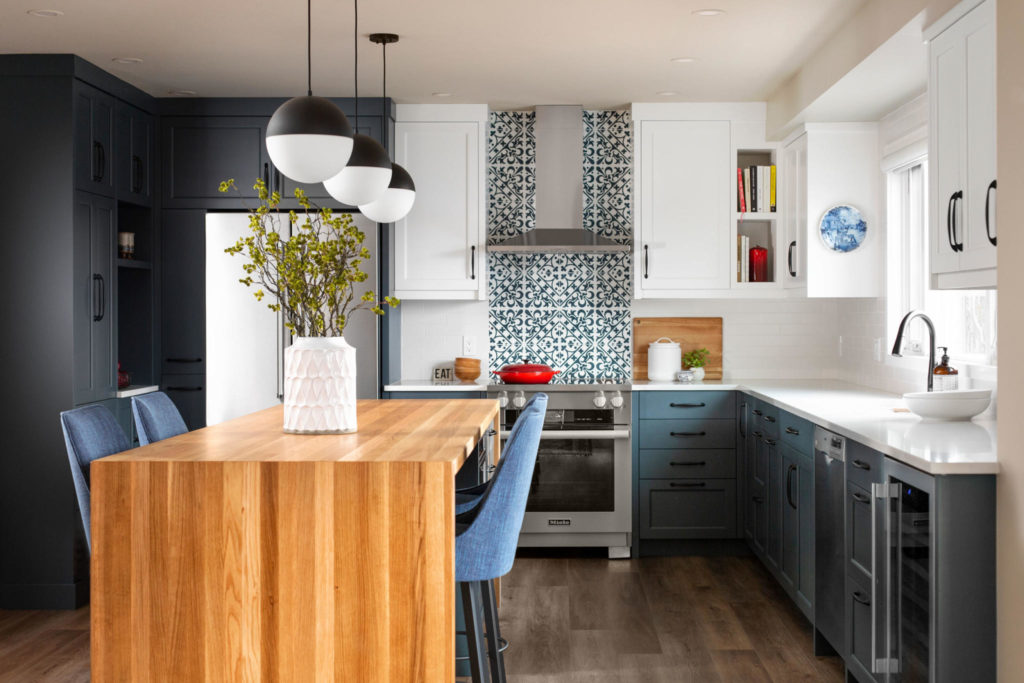
Cherry wood is one of our favorites
Warm red tones and swooping, complex grains creates a warm, welcome feeling in any space it occupies. And remember that all Caribou wood surfaces are food-safe, waterproof, and virtually maintenance-free.
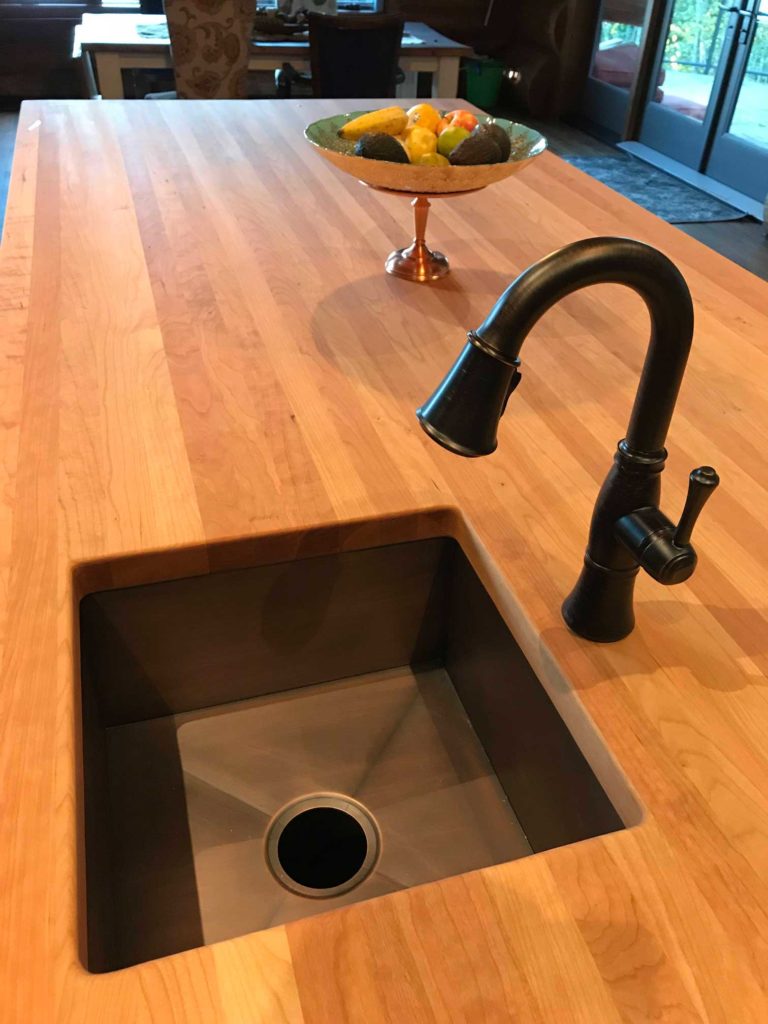

The natural dark color of Walnut countertops is rich and warm.
It complements both warm and cool colors and is stunning when paired with golds and metallics as seen in this space from Innova Custom Homes. And because it’s a Caribou surface, it’s durable, waterproof and food-safe!
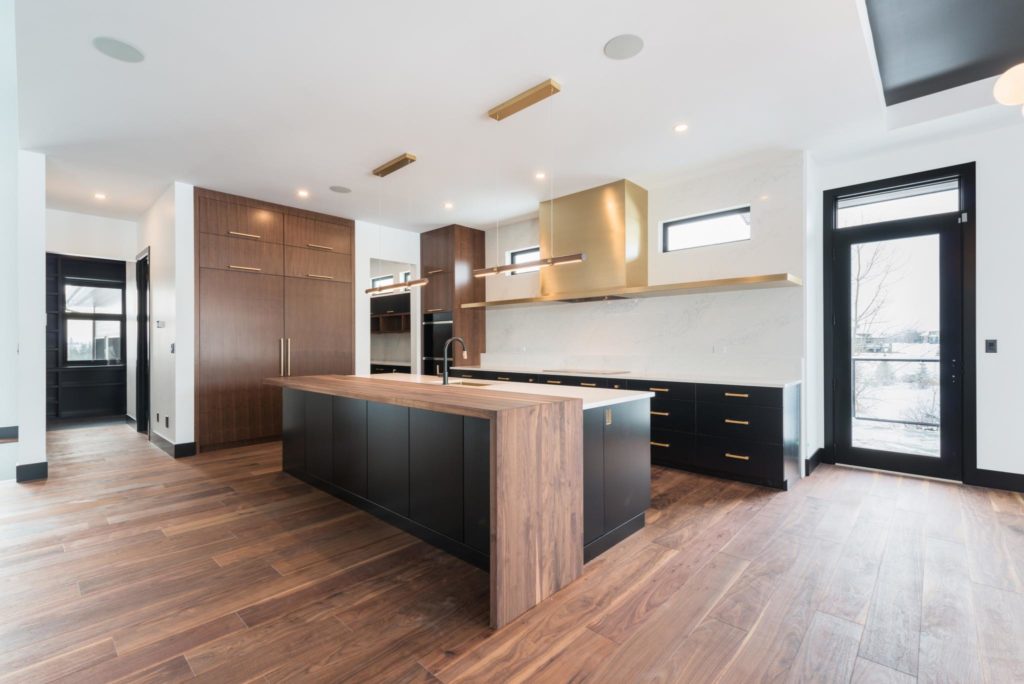


Dramatic black countertops – Nero Marquina – can offer a bold and sophisticated look.
Dark countertops can be utilized in virtually any style of kitchen or bathroom from ultra-modern to more traditional. It’s just a matter of using other design elements such as cabinets, flooring, or light fixtures to balance out the overall aesthetic.
With Formica Brand surfaces, homeowners get the looks they crave across a wide range of designs that feature easy maintenance, beauty and durability.
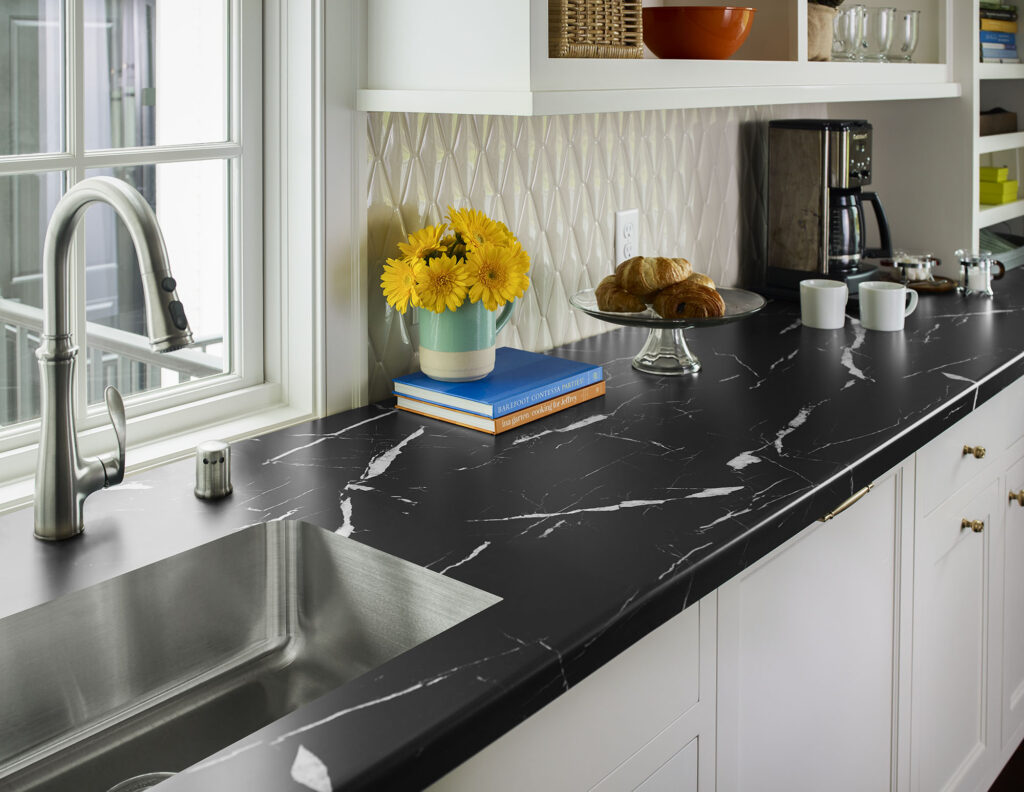
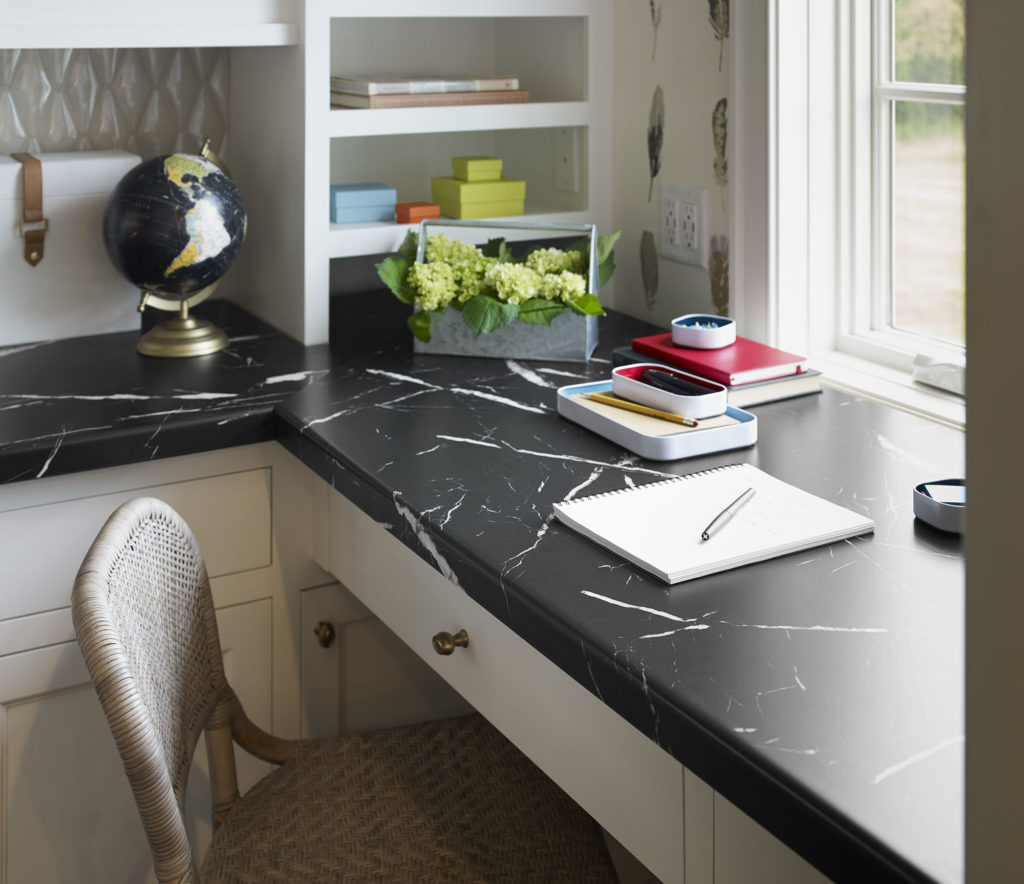
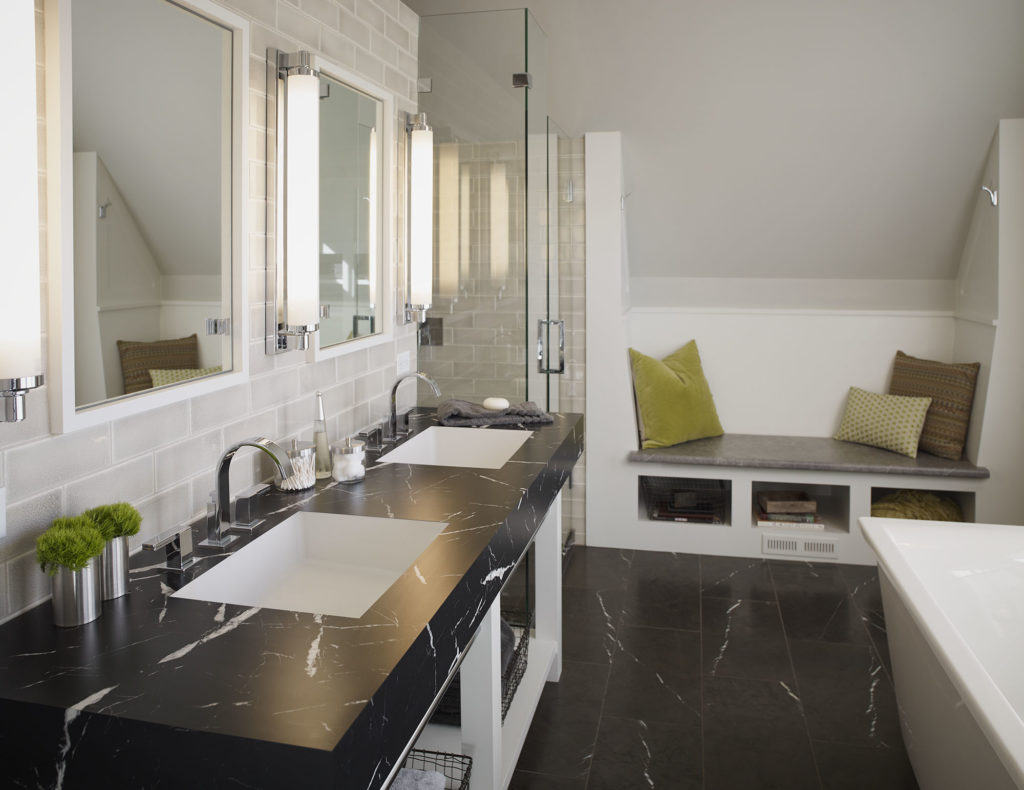

Featured design: @formicagroup #neromarquina
Formica 180fx
The true-to-scale granite, marble, and wood-look of Formica #180fx are high-resolution patterns focused on a neutral palette to be versatile enough to pair with any interior design concept.

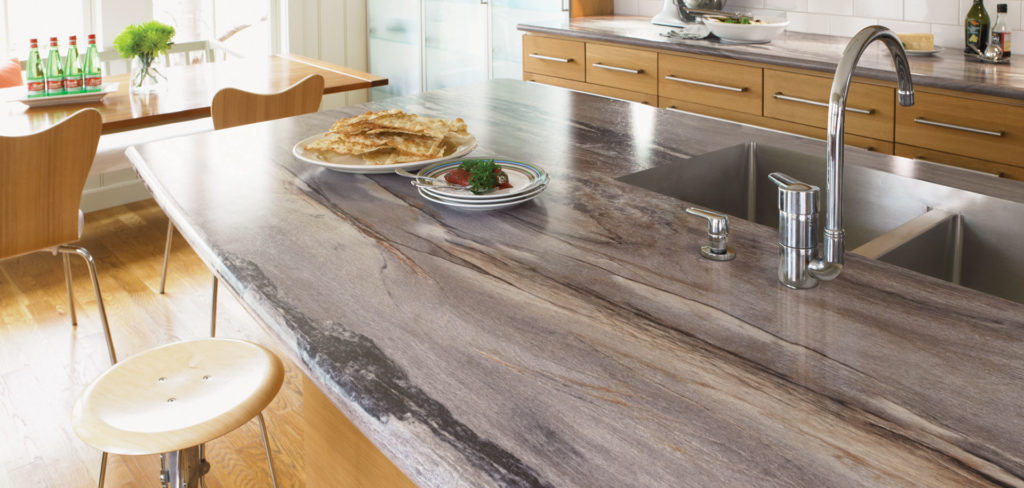
Featured design: #dolcevita
We are literally here to help you achieve your dream kitchen by guiding you through the process of choosing the right options for you, your lifestyle and your space.
After submitting the below form, we will be in touch to set an appointment for a consultation.
[gravityform id=”4″ title=”true” description=”true”]




